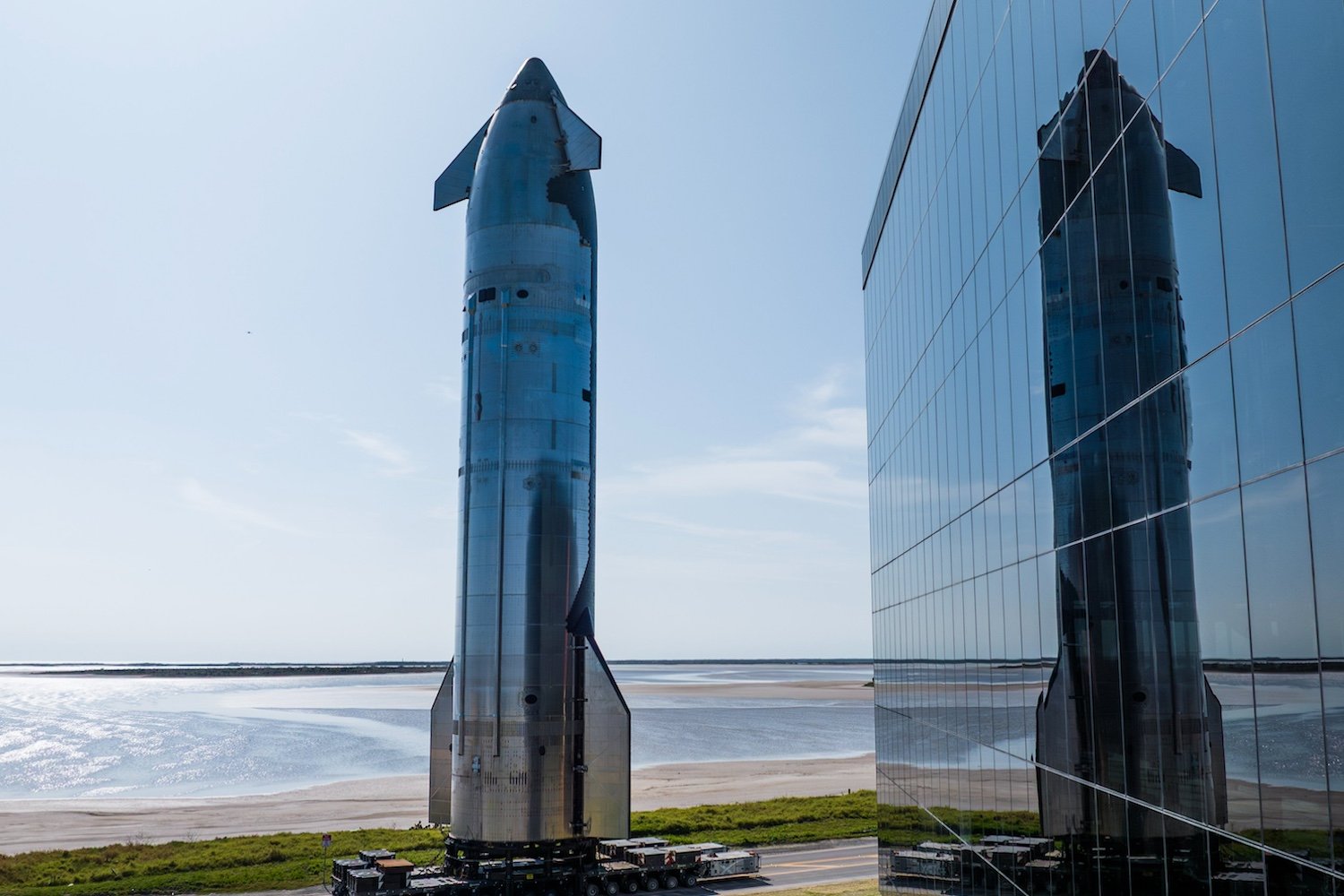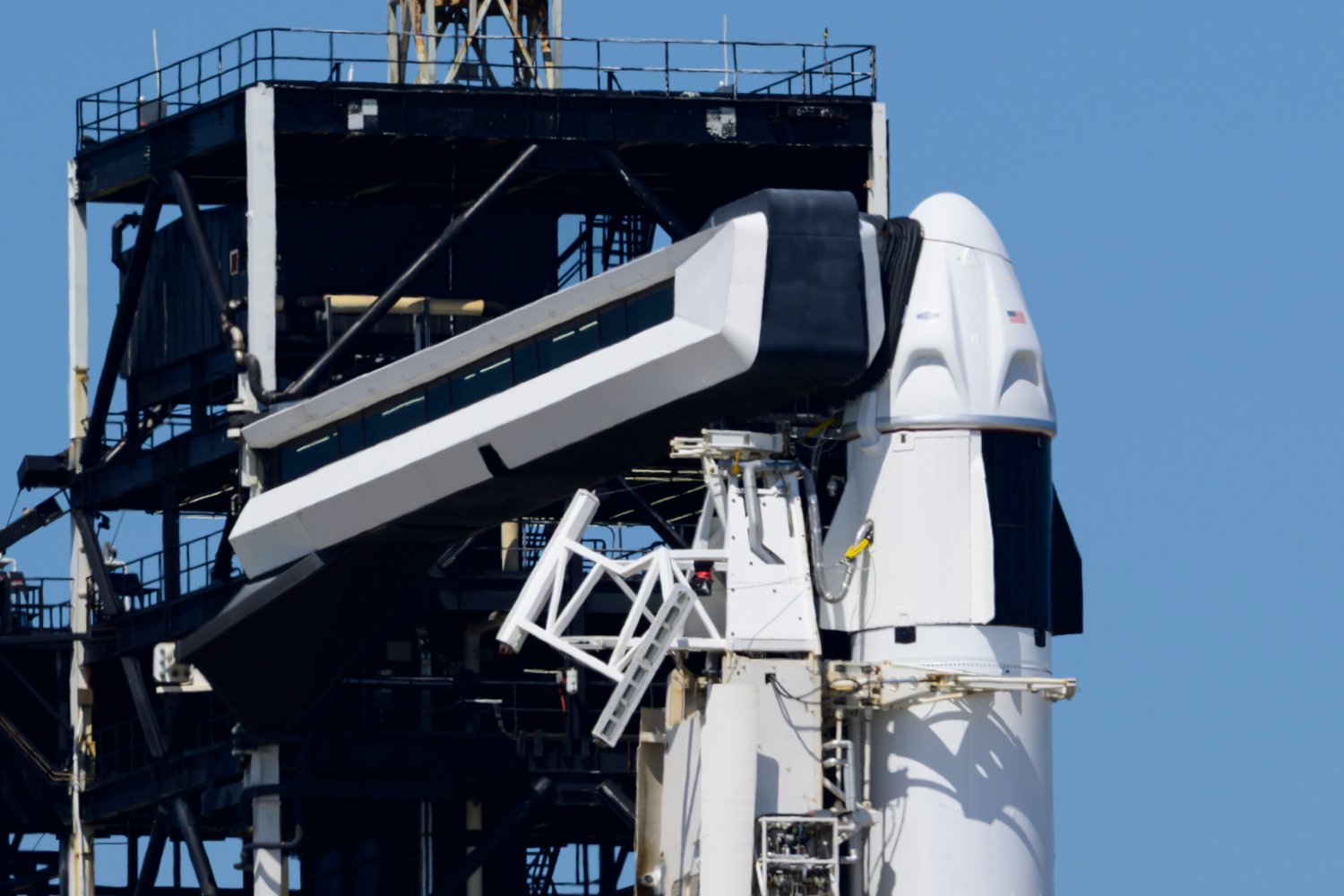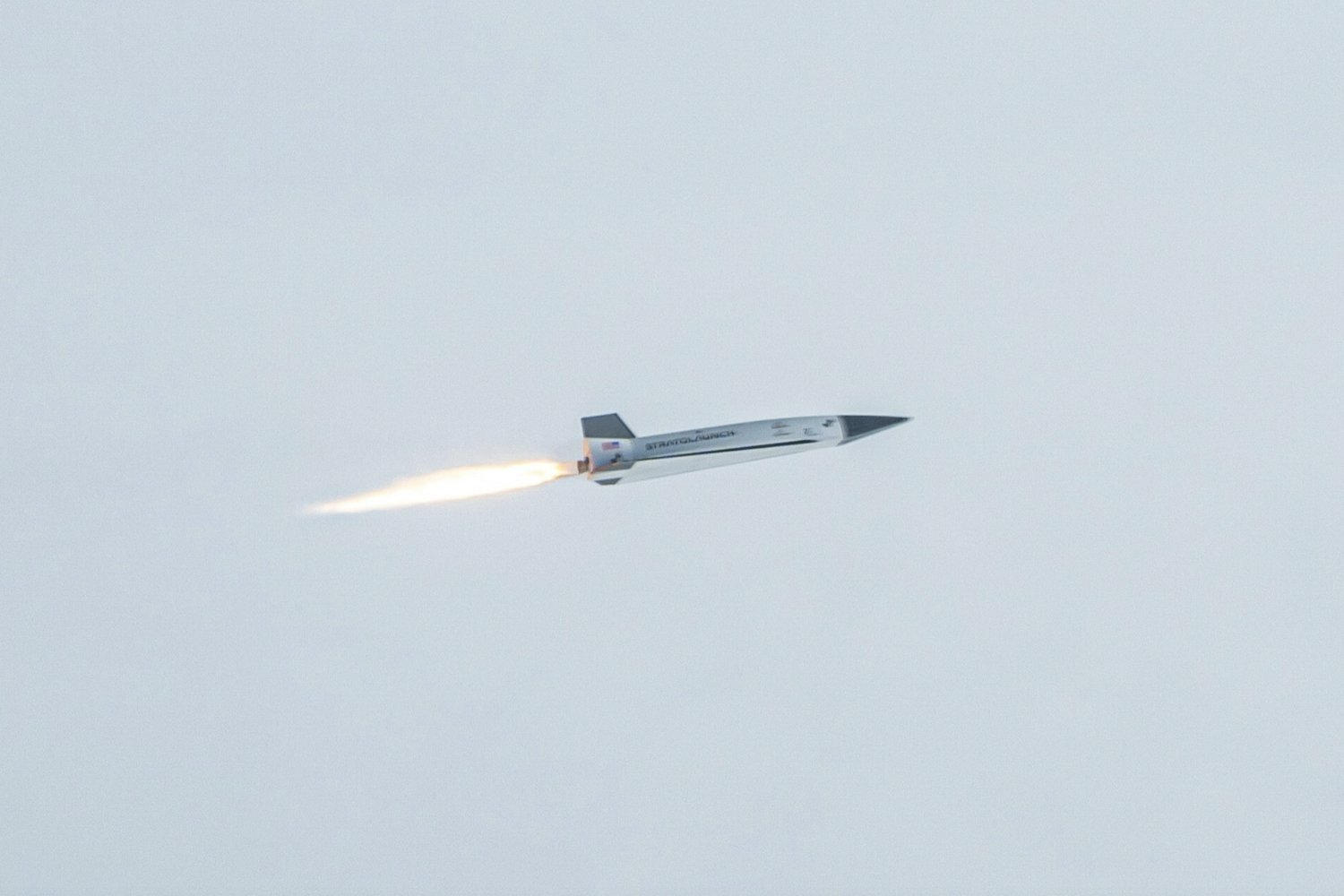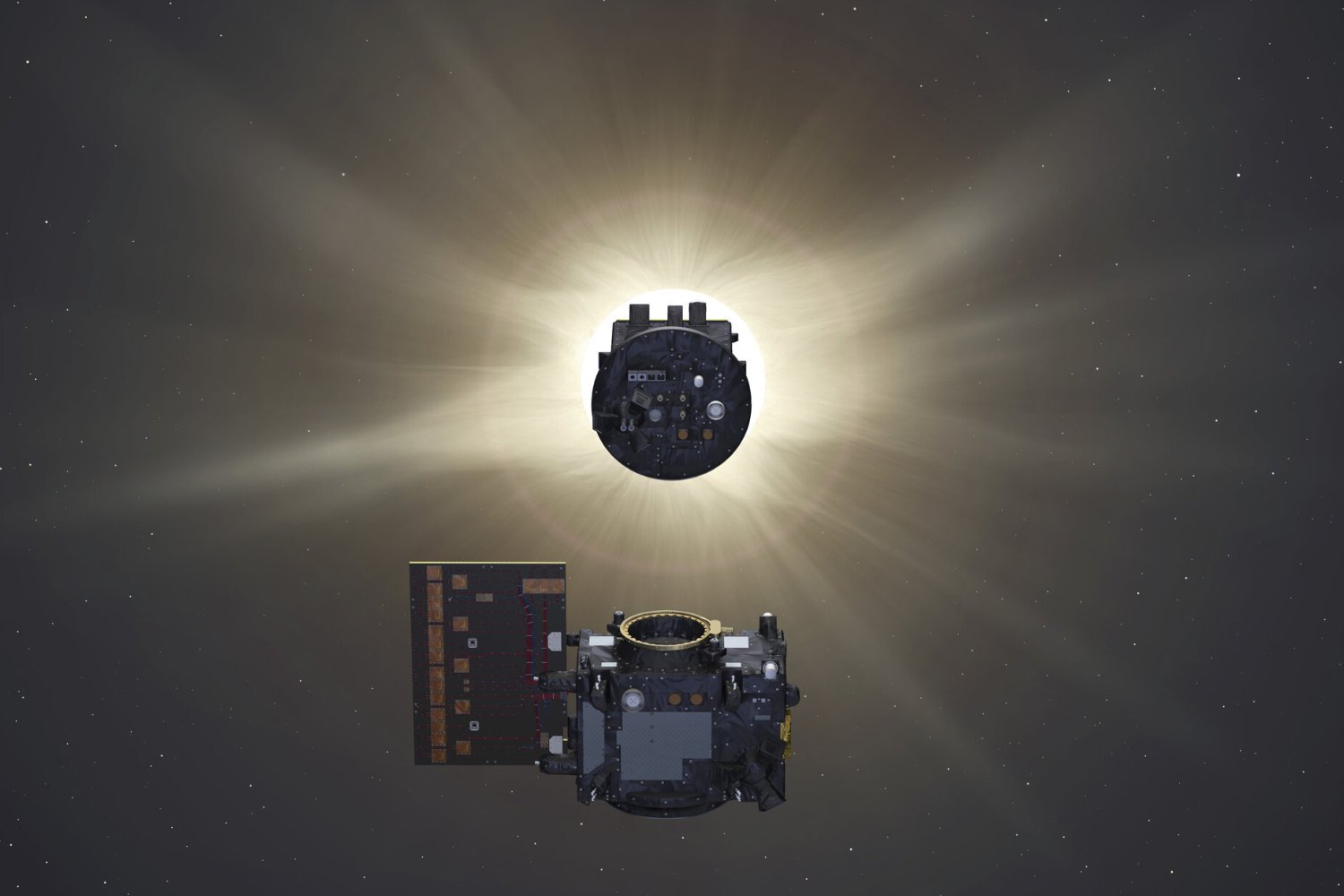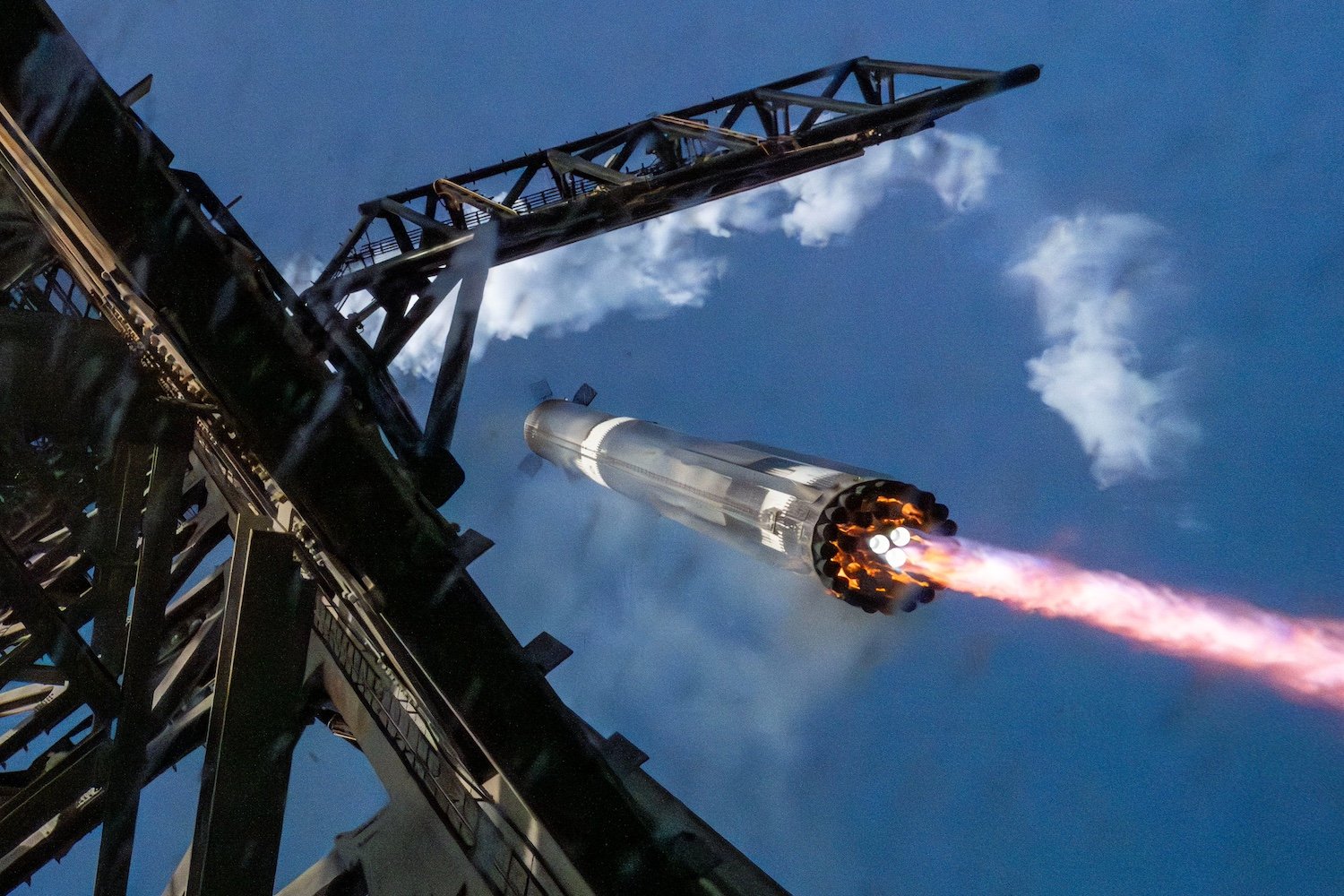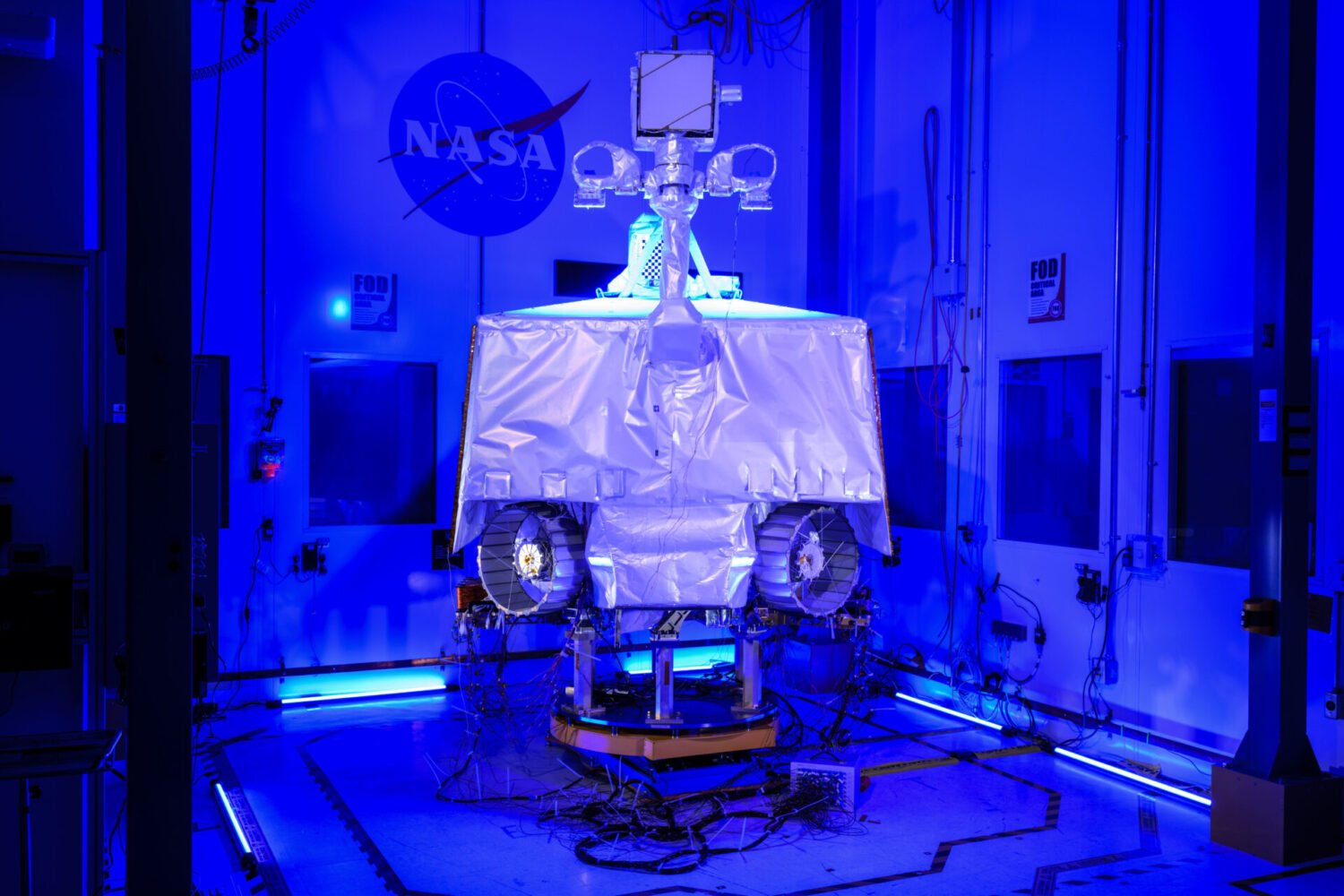SpaceX has successfully established its own city, Starbase, at its Texas launch site. Residents, primarily SpaceX employees, overwhelmingly voted in favor of the incorporation, marking a significant step in Elon Musk’s vision. This development raises questions about the company’s growing influence and potential environmental impact.
The official results from the Cameron County Elections Department show a decisive victory, with 212 votes in favor and only six against. Elon Musk celebrated the outcome, declaring it official on X (formerly Twitter). This move fulfills a long-held ambition of Musk’s, first proposed back in 2021. Since then, SpaceX has significantly expanded its presence in the area, developing housing and other facilities. A report indicates that over 3,400 SpaceX employees and contractors now work around the base. The company also announced plans last year for a $15 million shopping center and restaurant.
The journey to cityhood began in December 2024 with a petition signed by over 70 county residents, most believed to be SpaceX employees, requesting an election. The newly formed city, spanning about 1.6 square miles, is home to approximately 500 residents. SpaceX’s land acquisitions in the area date back to 2012, long before the company achieved its current prominence.
Starbase will operate as a Type-C city, designated for municipalities with fewer than 5,000 residents. Bobby Peden, SpaceX’s vice president, will serve as mayor, along with two commissioners. This structure raises concerns about potential conflicts of interest and the company’s influence over local governance.
The establishment of Starbase raises questions about SpaceX’s impact on the local environment and community. Rocket launches have already caused disruptions, and the city’s formation could grant the company greater authority, potentially bypassing environmental regulations. In July 2024, several conservation groups, including the Center for Biological Diversity and the American Bird Conservancy, filed a lawsuit against the Federal Aviation Administration. They allege the FAA expedited SpaceX’s Starship permitting process without sufficient environmental review. Additionally, SpaceX faces nearly $150,000 in fines from the Environmental Protection Agency for allegedly illegally dumping pollutants into a Texas waterway.
Further concerns arise from a Texas bill filed in March 2024, which could grant SpaceX control over road and beach closures for rocket activities. While not explicitly naming SpaceX, the bill’s language targets counties with spaceports and beach access bordering the Gulf of Mexico. This move has sparked debate about the balance between supporting the space industry and protecting public access and environmental concerns.
While local officials largely welcome SpaceX for the jobs and tourism it generates, the company’s expansion in southern Texas raises important questions about its long-term impact. The creation of Starbase, while a significant achievement for SpaceX, highlights the complex interplay between economic development, environmental protection, and corporate influence.



